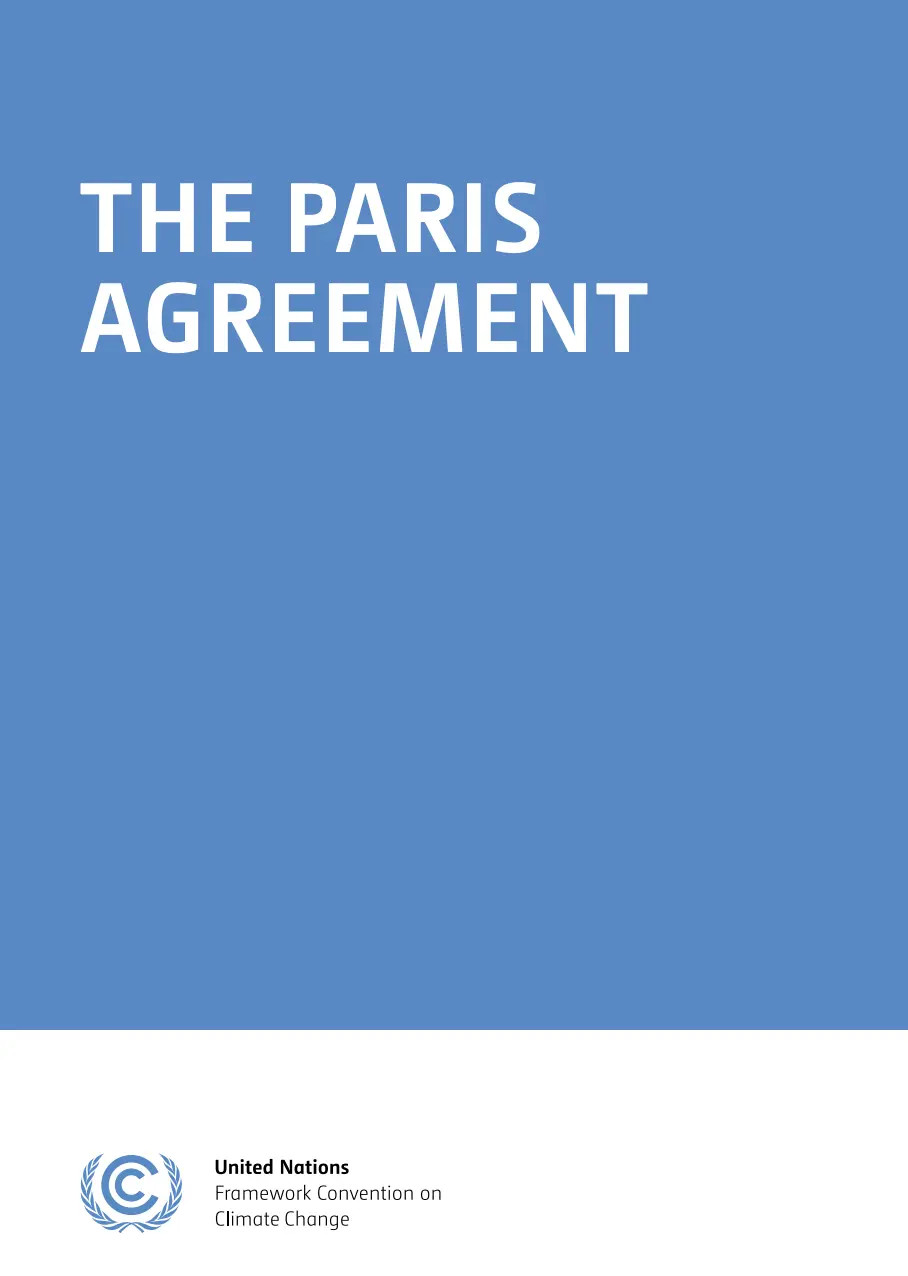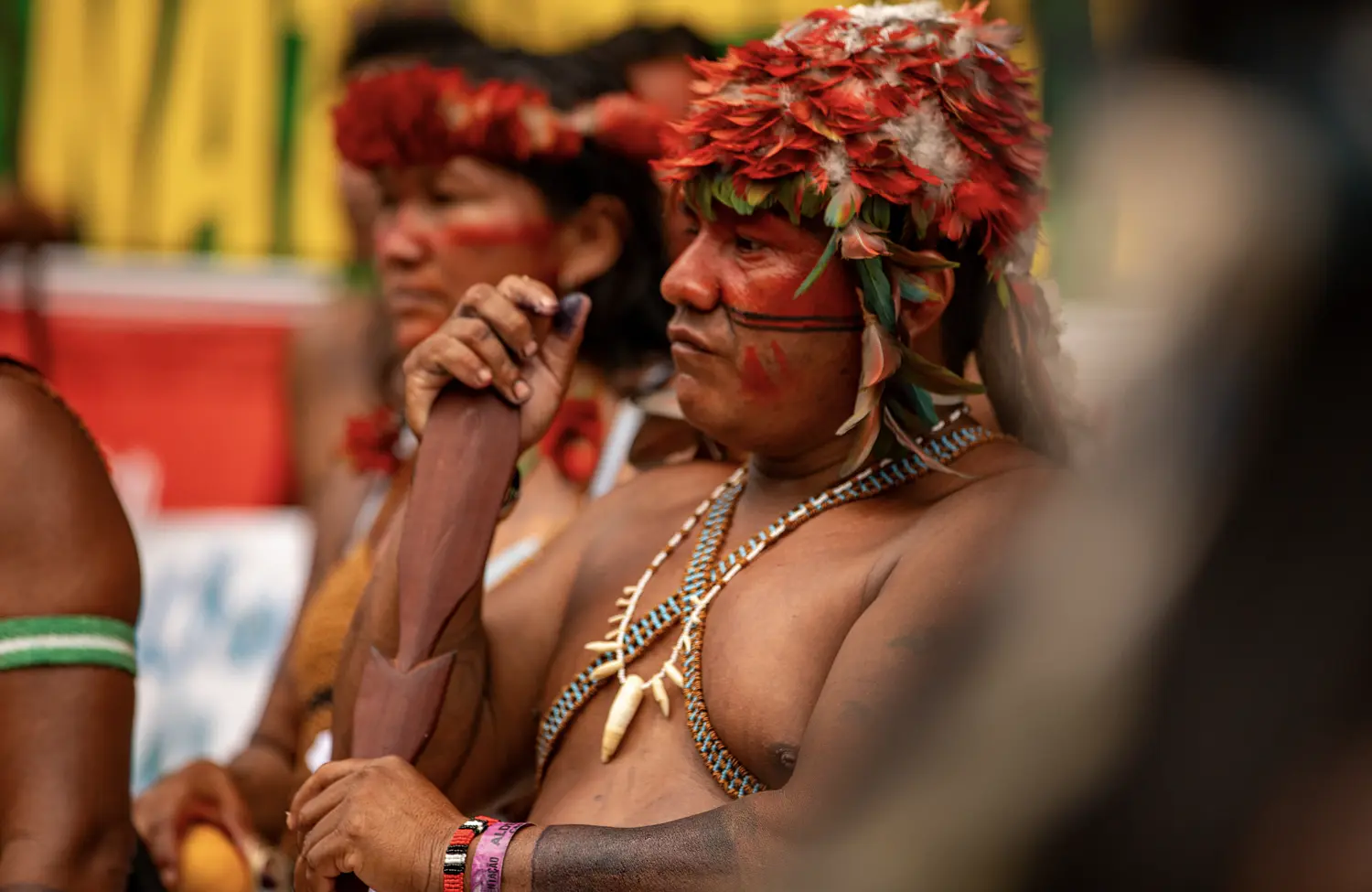The WWF is run at a local level by the following offices...
- WWF Global
- Adria
- Argentina
- Armenia
- AsiaPacific
- Australia
- Austria
- Azerbaijan
- Belgium
- Bhutan
- Bolivia
- Borneo
- Brazil
- Bulgaria
- Cambodia
- Cameroon
- Canada
- Caucasus
- Central African Republic
- Central America
- Central Asia
- Chile
- China
- Colombia
- Croatia
- Democratic Republic of the Congo
- Denmark
- Ecuador
- European Policy Office
- Finland
Ten years after its adoption, the Paris Agreement remains a cornerstone of global climate action, ...
The world is racing towards a clean energy future. Solar panels, wind turbines, and electric ...
Brazil’s COP presidency can transform the global climate negotiations into a roadmap for ...
Amid rising urgency to keep global warming below 1.5°C, one question stands out: how can we make ...
New analysis from global independent energy think tank Ember shows renewables producing more power ...
Today, Pope Leo XIV will mark the 10th anniversary of Laudato Si' today. This could not be a more ...
On the heels of increasing devastation caused by extreme weather events comes a historic advisory ...
China is, finally, decoupling economic growth from rising carbon emissions. Its next set of ...
IT IS NEARLY IMPOSSIBLE TO OVERSTATE THE THREAT OF CLIMATE CHANGE
The science is absolutely clear, and frightening: if we don’t transform the way we use energy – rapidly and comprehensively – then we face catastrophic climate change. The level of global warming we’re heading for will cost countless lives, derail development and devastate the ecosystems upon which we all depend, and which WWF has fought so hard to protect.
If we act now, we can overcome the threat of climate change, and create a fairer and more sustainable world in which energy from efficient and renewable resources will cover the needs of all people. The solutions exist.
WWF’s climate and energy vision is a response both to the science and to new economic and political realities. Through its Climate & Energy Practice, we are focused on achieving climate resilient, low carbon developments at national level and with the corporate sector. International advocacy, including work with public and private finance, provides strong support for national action.










